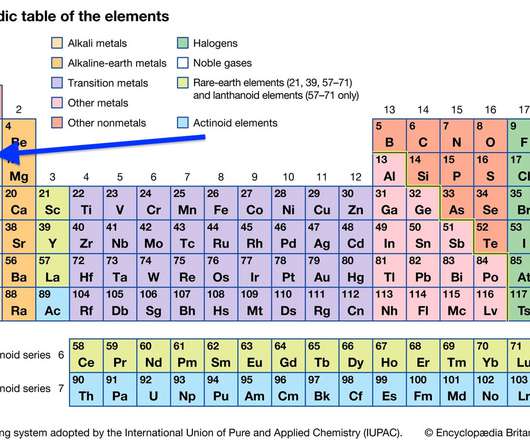Stanford study finds charging Li-ion cells at different rates boosts the lifetimes of EV battery packs
Green Car Congress
NOVEMBER 9, 2022
Stanford University researchers have devised a new way to make lithium-ion battery packs last longer and suffer less deterioration from fast charging. Related research has centered on single lithium-ion cells, which generally don’t lose charge capacity as quickly as full battery packs do. —Simona Onori. Resources.































Let's personalize your content